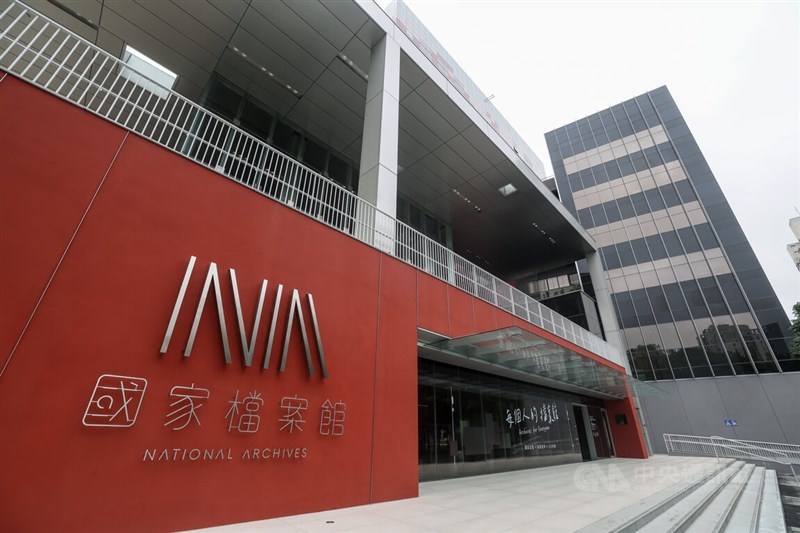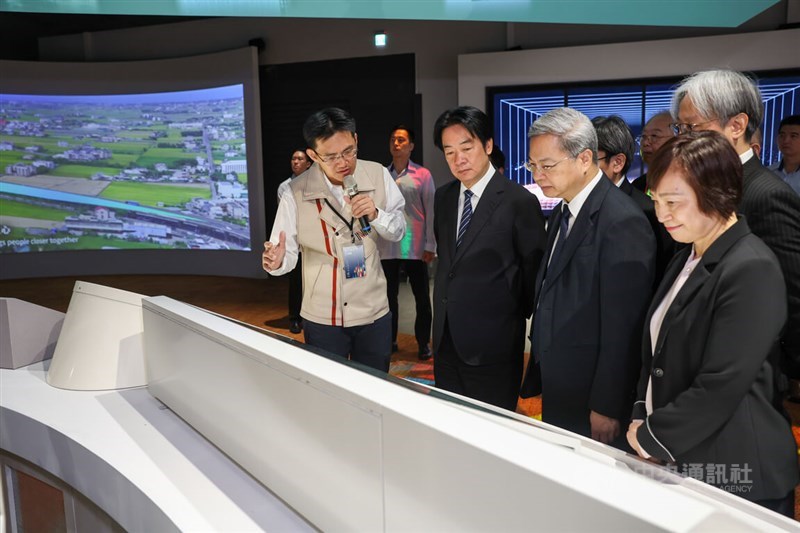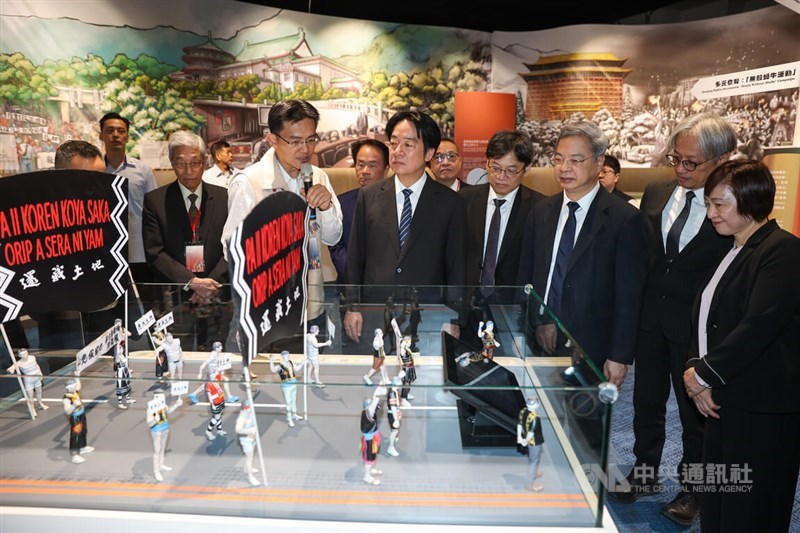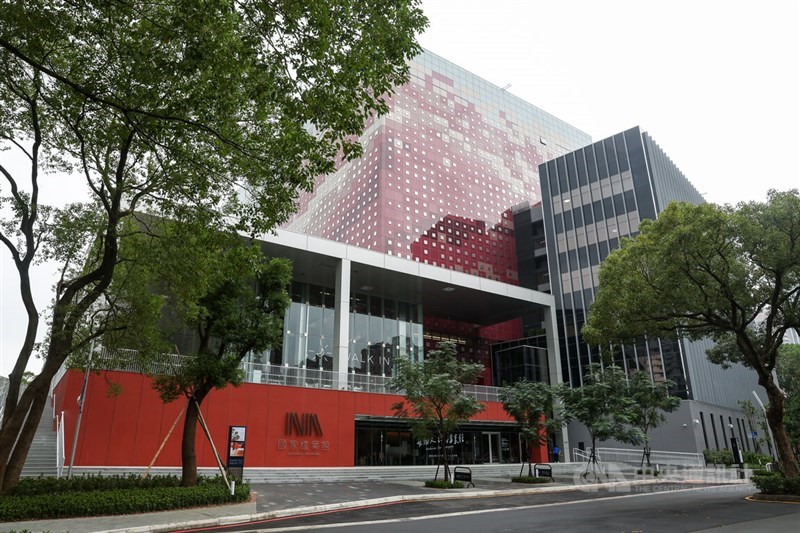
Taipei, Nov. 17 (CNA) President Lai Ching-te (賴清德) said Monday that the newly launched National Archives will offer the public a deeper, unifying understanding of the endeavors of Taiwan's democracy pioneers.
"The opening of the National Archives demonstrates not only the government's determination to protect national records and preserve collective memory, but also our firm commitment to the openness of political archives -- an important milestone in transitional justice," Lai said at the launch ceremony of the National Archives in New Taipei's Linkou District.
"I believe that through the openness of archives, more people will understand the resolve of those who pursued democracy before us, appreciate the value of democracy, rule of law, and human rights, and further unite to safeguard Taiwan's freedom," Lai said.
Taiwan, as a democracy, has a political system driven by party politics and competition, but "facing future threats, we must stand united," Lai said.
"What aggressors fear most is the strength of unity," he said.
"Together, let us confront the past with truth as our foundation, deepen dialogue, and unite our strength so Taiwan may continue to move forward firmly on the path of freedom and democracy."


According to Lai, the National Archives is responsible for collecting and preserving important records from all levels of government, valuable documents from private groups and Taiwan-related records held overseas.
Government agencies at all levels must now transfer their archives, and no agencies may conceal or refuse to turn over requested documents if required by law, he said.
When managing its collections, the National Archives should follow the principle of "maximum openness and minimal restriction," thereby facilitating efforts to scrutinize government actions and achieve transparency, Lai said.
Lai encouraged the National Archives to collaborate with schools, civic groups and local cultural institutions to cultivate evidence-based reasoning skills and deepen understanding of Taiwan's development in politics, the economy, industry, and literature, he said.

He noted that starting from Sept. 10, the number of days since the lifting of martial law has officially surpassed the number of days Taiwan was under martial law.
Lai expressed his gratitude to the National Archives for displaying original archival documents such as the order lifting martial law, the amendment to Article 100 of the Criminal Code and other landmark documents that were crucial to Taiwan's democratization.
"I invite the people of Taiwan to visit the National Archives and witness how Taiwan emerged from the shadows of authoritarianism and moved toward the light of democracy, step by step," he said.
-
Society
Taiwan headline news
02/25/2026 08:10 AM -
Society
Taiwan releases forced labor prevention guide for businesses
02/24/2026 09:39 PM -
Politics
KMT to propose legislative oversight for advanced chip technology exports
02/24/2026 09:20 PM -
Society
Phone, text scam attempts fall 36.97% year-on-year in Taiwan
02/24/2026 09:07 PM -
Science & Tech
Google to launch budget Pixel 10a in Taiwan March 5
02/24/2026 08:55 PM